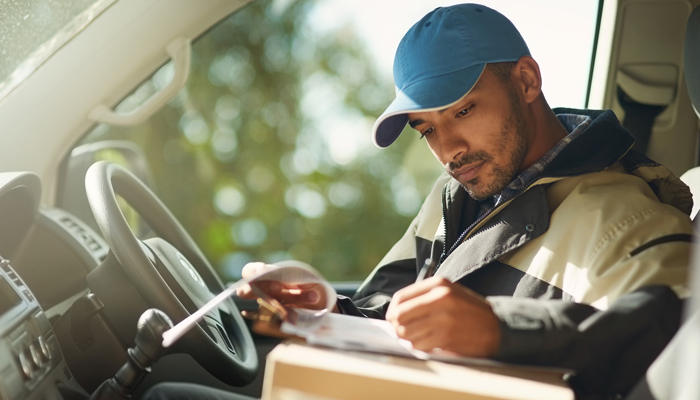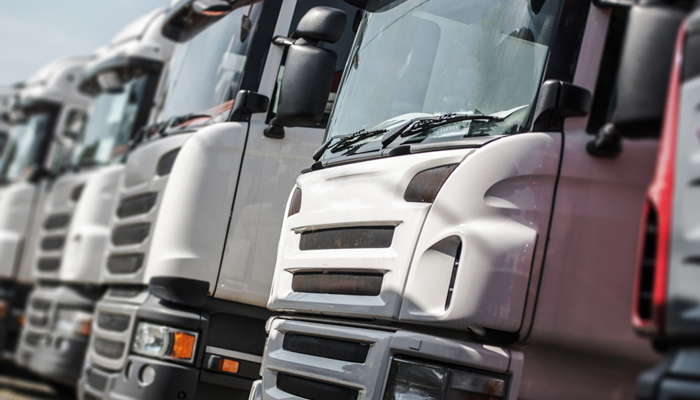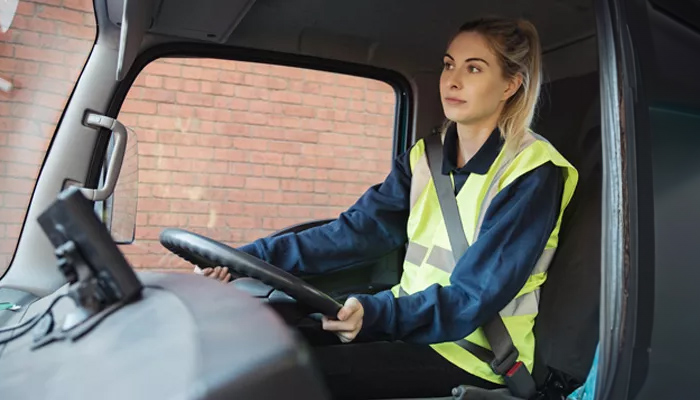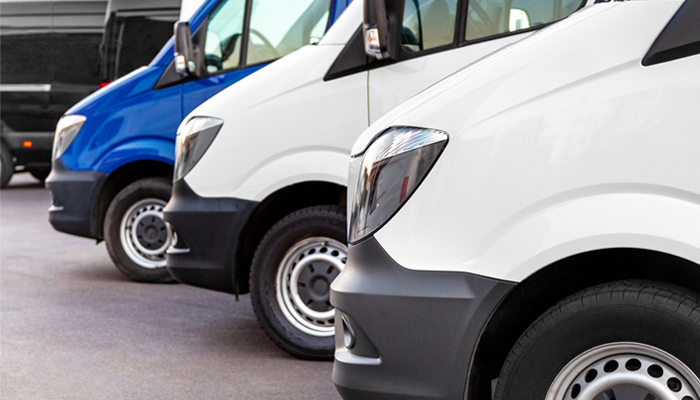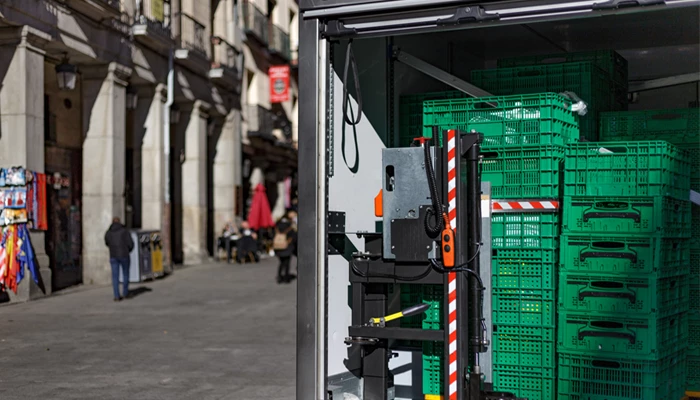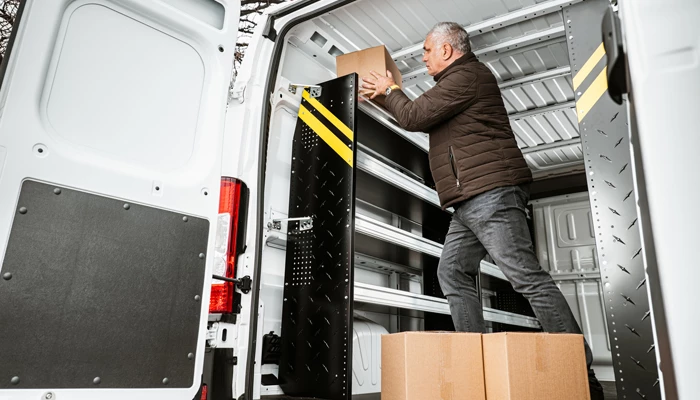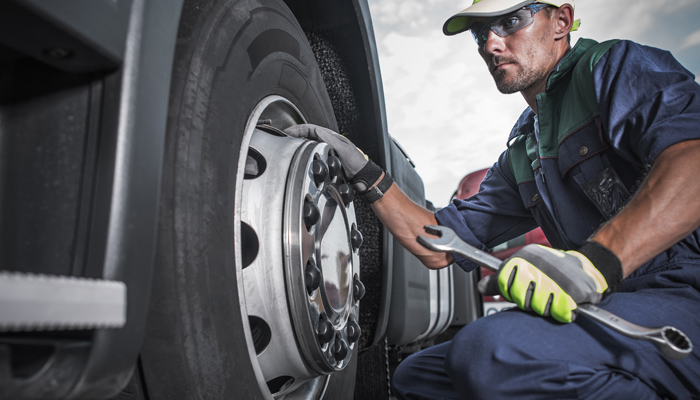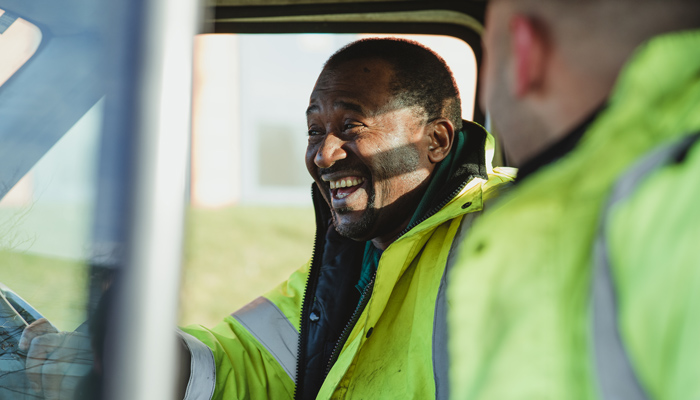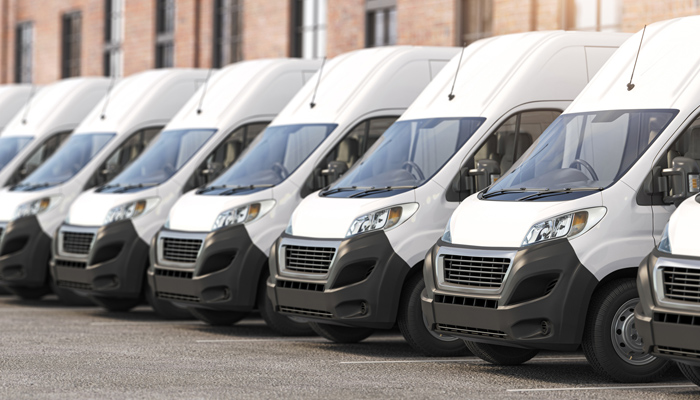Load Securing: Why It’s Important for Truck Insurance
Every haulier knows how important it is to secure the loads drivers carry. It’s not just to comply with DVSA regulations and avoid penalties. Ensuring the safety of loads on vehicles is essential to prevent accidents and protect drivers and other road users.
If there’s an accident and load insecurity is a contributing factor, your insurer may reject your claim. In fact, many policy wordings specifically exclude cover if a vehicle is overloaded or loaded incorrectly. And not just claims for vehicle damage, but third-party claims too.
An accident involving an inadequately secured load can be catastrophic. If it results in death or serious injury, you could be liable for compensation running to six figures. You may also have DVSA penalties to pay for as well as replacing damaged goods and highway repairs.
If your insurance claim is rejected, the financial impact on your business could be devastating. Whether you’re the driver of a single truck or own a transport business with a fleet of HGVs, you can’t afford to take chances with load security. So how can you minimise the risks involved with moving goods by road?
Load security regulations
First, make sure you’re aware of your responsibilities as an employer.
These are clearly defined in the Health and Safety at Work Act 1974 and The Management of Health & Safety at Work Regulations 1999. But in short, every employer is responsible for ensuring the health and safety of employees. And those affected by their business activities.
If you’re in the business of moving goods, making sure everyone involved in the delivery process is fully trained is vital. You should also carry out regular risk assessments to reduce the chances of accidents happening.
Other measures to take include using safe delivery plans and delivery contracts which clearly state:
- A driver’s loading and unloading duties.
- The skills and qualifications they are expected to have.
- Who is responsible when/if things go wrong.
It should go without saying that you need to ensure load security regulations are rigidly adhered to.
Safety of loads on vehicles
Everyone involved in the movement of goods by road should be familiar with the DfT’s safety of loads on vehicles code of practice.
Stay up to date on vehicle load security by bookmarking the government’s guidance page. It’s also worth checking their Moving On blog regularly for news and updates.
Issues to consider before collecting a consignment include:
- Is the vehicle and/or trailer fit for its intended purpose?
- Is the load restraint system in a vehicle or trailer suitable for the type of load to be carried?
Anyone responsible for loading a vehicle should consider the following:
- Has appropriate training been given?
- How can manual handling risks be minimised, and the dangers associated with working at height, be eliminated?
- What’s the best way to secure the load to the vehicle chassis so that it cannot move?
- Will the chosen method reflect the nature of the goods being carried and cope with the dynamic risks associated with acceleration, braking and cornering?
- How can you make best use of the vehicle or trailer headboard?
- How can you keep the centre of gravity as low as possible, and is support required to stabilise the load?
- How will load restraint systems be put into full and effective operation?
Ideally, drivers should be involved in the loading process, even if they are not loading the vehicle themselves. By observing the loading operation, the driver can see how it has been undertaken and have confidence the process was correct.
If the vehicle is to be loaded by someone other than the driver and the driver cannot observe the loading process (perhaps for health and safety reasons) necessary steps to take include:
- Providing the driver with a copy of the loading and delivery plan and making sure the driver has clear information about how the load has been secured.
- Making sure the driver knows what to do should the load shift during transit, and what backup resources will be available.
- Providing the driver with all the information they need about what to do on arrival at the intended destination and how and by whom the consignment is to be unloaded.
Truck insurance quotes from Towergate
We can offer tailored truck insurance with a series of options for drivers of single trucks or hauliers with fleets of up to five HGVs. Ensure you have the right protection in place within a single policy. No truck is too big or too small. We can cover any size from 3.5t vehicles right through to trucks used to move abnormal loads.
Call for a quote on 0344 346 1418 or request a quote online. Alternatively, read more about our truck insurance and what we cover.
For larger vehicle fleets, we also offer fleet insurance.
All cover is subject to underwriting terms and conditions.
About the author
 Chris North FCII is a respected industry leader with over 40 years' experience, who has worked in the insurance industry in a variety of roles, accumulating a wealth of knowledge. He is currently Technical Manager for Towergate's motor division, providing expertise on all matters relating to motor fleet insurance, in particular haulage and self-drive hire fleets.
Chris North FCII is a respected industry leader with over 40 years' experience, who has worked in the insurance industry in a variety of roles, accumulating a wealth of knowledge. He is currently Technical Manager for Towergate's motor division, providing expertise on all matters relating to motor fleet insurance, in particular haulage and self-drive hire fleets.
Date: October 17, 2022
Category: Commercial Vehicle






